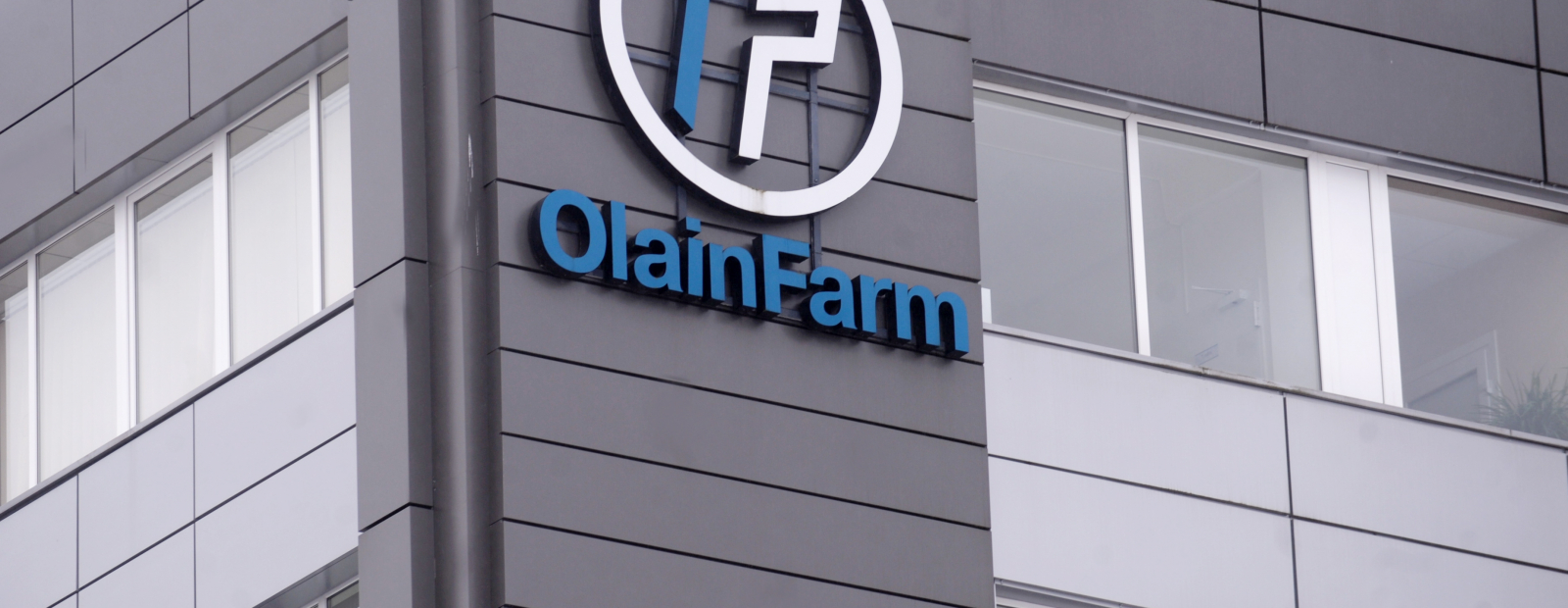The center asks all hospitals how many beds they have available for corona patients in intensive care and on the nursing ward. The center also keeps track of how many beds in the intensive care unit are intended for people with other conditions.
In recent days, patients have already been transferred within regions, but not yet from one region to another. During the first corona wave, in a military operation people were transferred from hard-hit areas such as Noord-Brabant to hospitals where there was still room, such as in Groningen and Germany.
The LCPS will be located at the Landelijke Meldkamer Samenwerking in Zeist. It was previously housed in the Erasmus Medical Center in Rotterdam. At the end of May, the coordination center went ‘on the pilot’ when the number of admitted corona patients continued to decline. The structure remained “in case the number of corona cases goes up and we need spreading and coordination again,” Kuipers said at the time. Now the time has come.
Hospitals are currently treating 420 corona patients. That is about twice as many as a week ago. It is the highest number since June 9. 329 of them are in a nursing ward, four more than on Monday. Intensive careers are treating 91 people because of the corona virus, six more than the day before.
627 people with other conditions are also in intensive care. That is 92 more than on Monday. In total, intensivists treat 718 people, the highest number since the end of May. In one day the number of IC patients has increased by almost a hundred.
Regular care
The Dutch Healthcare Authority (NZa) announced on Tuesday evening that it would scale up crisis consultations with hospitals, health insurers and the National Coordination Point for Patient Distribution (LCPS) about the accessibility of corona care and regular care. “We are also going to monitor the consequences for patients’ access to regular care even more intensively,” says the NZa.
“We see that the number of hospital admissions for corona is increasing. That is alarming. This increases the pressure on the rest of healthcare. This can again lead to longer waiting times. We are concerned about this. ” NZa chairman Marian Kaljouw: “During the first wave, many people did not receive the care they needed. People have suffered, sometimes serious, health damage as a result. At all costs, we must prevent regular care from being scaled down as much as possible. But if we don’t intervene now, it is a realistic scenario. ”
–
:quality(80)/cdn-kiosk-api.telegraaf.nl/5742ed58-fd04-11ea-b482-0217670beecd.jpg)

